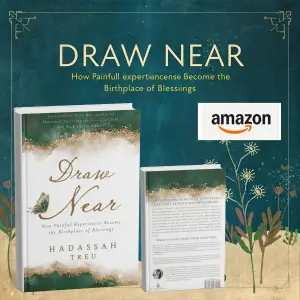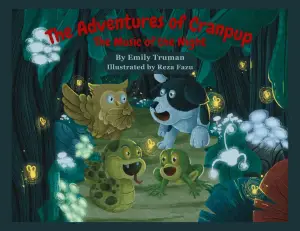I recently had the pleasure of diving into The Frozen River by Ariel Lawhon, and I must say, it’s a gripping historical mystery that has quickly climbed to the top of my reading list for the year. As a fan of historical fiction, I was drawn to the story inspired by the life of Martha Ballard, an 18th-century midwife. Given that I’ve always been fascinated by women’s roles in history, particularly those untold, I was eager to see how Lawhon would bring Martha’s compelling narrative to life.
Set in 1789 Maine, The Frozen River opens with a chilling scene: a man is found frozen in the icy waters of the Kennebec River. Martha Ballard, summoned to determine the cause of death due to her position as a midwife, finds herself at the center of a mystery entwined with themes of justice, gender, and societal norms. The blend of mystery and historical authenticity truly captivated me; Lawhon’s meticulous research shines through as she weaves a story that’s both poignant and insightful.
One of the standout features of the book is Martha herself. Readers resonate with her strength and determination, as reflected in Kim C.’s review, where they share how Marta’s fierce dedication to her patients makes her a compelling character. I fully agree; Martha’s voice is rich, layered, and contemporary enough that she feels relatable despite being a product of her time. Her courage to challenge the men of her community about a grave injustice is powerful and inspiring.
I found the pacing of the novel intriguing. While some readers, like Liz, felt that it can be a bit slow at times, I appreciated how it allowed for a deeper exploration of characters and the historical backdrop. Each chapter provides tantalizing snippets of Martha’s life through her diary entries, revealing the close-knit community’s secrets alongside the injustices women faced. Lawhon does an exceptional job of bringing life to this time period, making it feel vivid and immersive.
However, I do acknowledge that the novel’s methodical pacing might not be for everyone. Some readers might prefer a faster plot that races ahead, while others may appreciate the depth this slow unraveling offers. For me, it served to build anticipation as Martha’s investigation deepens and the stakes rise.
Another aspect that some readers pointed out—like Kathleen Chamberlin—is that while Martha’s character felt slightly modern at times, it did not detract significantly from the overall narrative. I didn’t mind her modern sensibilities; to me, it reflects the timeless spirit of women who dare to voice their convictions against overwhelming odds.
In terms of representation, the portrayal of the legal and medical frameworks of the time adds complexity to the narrative. The relationship dynamics between men and women were particularly poignant; it was interesting how Lawhon highlighted these struggles through the lens of Martha’s personal experiences and societal observations.
Overall, The Frozen River exceeded my expectations as a beautifully crafted piece of historical fiction that deftly navigates themes of gender, justice, and resilience. It’s not only a mystery but also a compelling reflection on how women have historically been silenced yet have continued to fight for their rights and beliefs.
If you enjoy historical fiction that doesn’t shy away from difficult subjects, I wholeheartedly recommend this book. It’s an emotional journey and a tribute to a remarkable woman who, through her diary, managed to write herself into the annals of American history. With a strong portrayal of an unsung heroine, The Frozen River is a poignant reminder of the legacies left behind by women who refuse to remain unheard.








